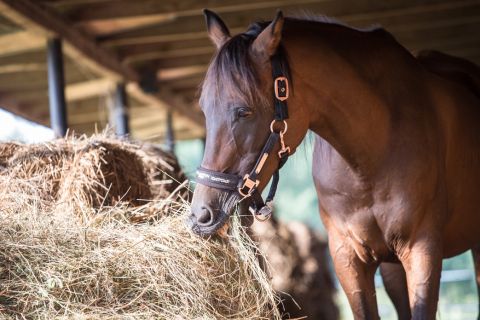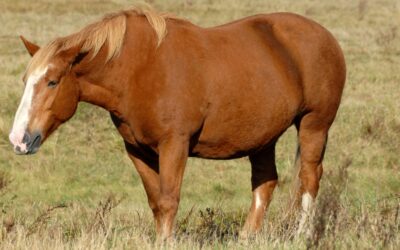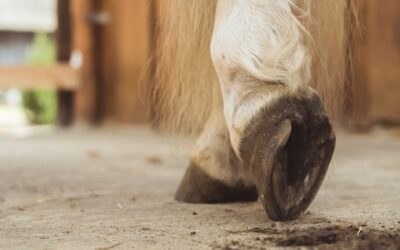
Just like humans, horses can face health challenges, including dental problems. Dental issues can make it difficult for a horse to eat properly, leading to weight loss, poor nutrition, and overall discomfort. If you’re a horse owner facing this challenge, it’s essential to understand the best way to feed a horse with dental problems.
Signs of Dental Problems
Equine owners must be vigilant when it comes to signs of dental problems in their horse. If your animal eats slowly, refuses to drink cold water, or is partially chewing their food, it may be indicative of horse dental problems and how they affect feeding. While it can be expensive, seeking horse dental care immediately will ensure they get back to living happy and healthy lives.
Consult Your Veterinarian
The first and most crucial step in managing a horse’s dental problems is consulting a veterinarian specializing in equine dentistry. A veterinarian will conduct a thorough dental examination to identify the specific issues your horse is facing. This examination may involve the use of specialized tools and sedation to ensure a comprehensive assessment.
Modify the Diet
Once the dental issues are identified, your veterinarian will work with you to create a tailored feeding plan. In most cases, this will involve modifying the horse’s diet to accommodate their dental problems. Common modifications include:
- Soaking hay: Soaking hay in water can make it easier for your horse to chew and digest. This can be especially helpful for horses with severe dental issues.
- Chopped forage: Replace long-stem hay with chopped forage. This forage is easier for horses with dental problems to chew and swallow.
- Senior horse feed: Specialized senior horse feeds are designed to be easily digestible and are among the best feed for horses with dental issues.
Frequent, Smaller Meals
Rather than feeding your horse large meals a couple of times daily, consider providing smaller, more frequent meals. This approach eases the strain on their teeth and allows for better digestion. Splitting their daily intake into four to six meals is ideal.
Monitor Weight and Condition
Regularly monitor your horse’s weight and body condition to ensure they are maintaining a healthy physique. Weight loss can be a sign that the feeding plan needs adjustment. Your veterinarian can help you make any necessary changes.
Dental Maintenance
Besides dietary adjustments, regular dental care is essential for horses with dental problems. Schedule routine dental check-ups with your veterinarian or equine dentist to address issues promptly. They may need dental floats, which involve smoothing sharp edges and irregularities in the horse’s teeth.
Ensure Adequate Water Intake
Horses with dental problems may hesitate to drink water because of discomfort while chewing. Ensure they have easy access to clean, fresh water at all times. Providing a heated water source during cold weather can also encourage increased water consumption.
Feeding a horse with dental problems requires patience, vigilance, and the guidance of a skilled veterinarian. By working closely with your veterinarian and making the necessary dietary adjustments, you can help your horse maintain proper nutrition and overall well-being. Remember that each horse’s situation is unique, so it’s essential to tailor your approach to their specific needs. With the right care and attention, you can ensure your equine companion thrives despite dental challenges.




